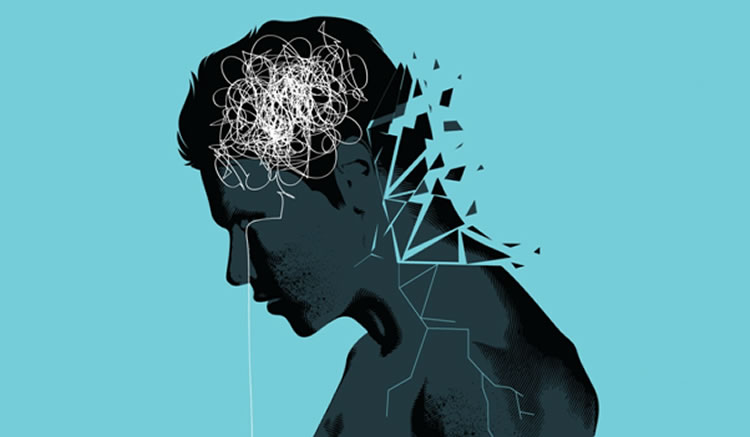We titled this article with the introduction, Nigeria’s Mental Health Crisis, but, in truth, that might seem like something of a redundant term. If you were to look at every country in the world, from America to Zambia, experts will – correctly – tell you that it faces a mental health crisis. It’s just a facet of the modern world, exacerbated by Covid-19, that people either aren’t seeking help, or they can’t get it.
Nigeria, however, is held up as something of a special case. The country now has a population of over 200 million. And, it’s estimated that one in every four Nigerians has a mental health issue. The number of psychiatrists in the country? 250. Well, that’s according to one report citing the Association of Psychiatrists Nigeria, which you can see by following this link https://www.devex.com/news/short-of-mental-health-professionals-nigeria-tries-a-new-approach-98176.Others claim it is 150. Whatever the true number is, we know that it is not enough – not even ten times the amount would be enough.
Of course, mental health professionals are not all psychiatrists, and there are many more options for treating mental health than sitting in a psychiatrist’s office. Victor Ugo, the founder of Mani (Mental Awareness Nigeria Initiative, is arguably the man to speak to about dealing with mental health in Nigeria. Mani has been a breath of fresh air across the country, with a 1500-strong volunteer force operating in 13 of Nigeria’s 36 states.
Mani connected people through WhatsApp
Mani, which was set up in 2016, had the initial goal of raising awareness of mental health issues and combatting stigma. But it soon developed important lifelines for people in need of help, including a 24-hour emergency service and options for getting advice on Twitter and WhatsApp. The volunteer service is incredible, and thousands of Nigerians have reached out to avail of the services Mani offers.
And yet, while Mani should be held up as a success, it is still fairly limited in scope. Victor Ugo would be the first to admit that Nigerians need access to real, professional mental health services. One answer that has been touted for other parts of Africa, but which certainly applies to Nigeria too, is online therapy. In North America and Europe, online therapy is booming. Partly due to the Covid-19 pandemic, but it is also something that was on the rise regardless – convenience, effectiveness and efficiency all combined to make the industry a digital disruptor of traditional mental health services.
Online therapy has a global reach
Could such a roll-out help Nigeria? Well, as mentioned, that has been asked in other parts of Africa. Nigeria has unique challenges, of course, not least its massive population and infrastructure. But there are positive linkages across the continent, too. Most notably, the rise in mobile phone and internet coverage. As of 2020, Nigeria is estimated to have 100 million internet users. Yes, that’s just half the population, but it is, nevertheless, a huge number of people that can potentially get access to online therapy.
An obvious barrier goes back to the lack of mental health experts in Nigeria. As we mentioned, there are an estimated 250 psychiatrists. The online therapy (it’s sometimes called cybertherapy) companies hang their reputations on the fact that they employ real doctors and specialists. Mani’s army of volunteers, while doing great work, wouldn’t cut it unless they took several years of training. But many of these companies work on global and regional levels, and there some emerging from within Africa that are growing in scope. But like all countries facing mental health problems, a long game must be played. Putting the training and resources in place now, in order to reap the benefits later.
WATCH TOP VIDEOS FROM NIGERIAN TRIBUNE TV
- Let’s Talk About SELF-AWARENESS
- Is Your Confidence Mistaken for Pride? Let’s talk about it
- Is Etiquette About Perfection…Or Just Not Being Rude?
- Top Psychologist Reveal 3 Signs You’re Struggling With Imposter Syndrome
- Do You Pick Up Work-Related Calls at Midnight or Never? Let’s Talk About Boundaries







